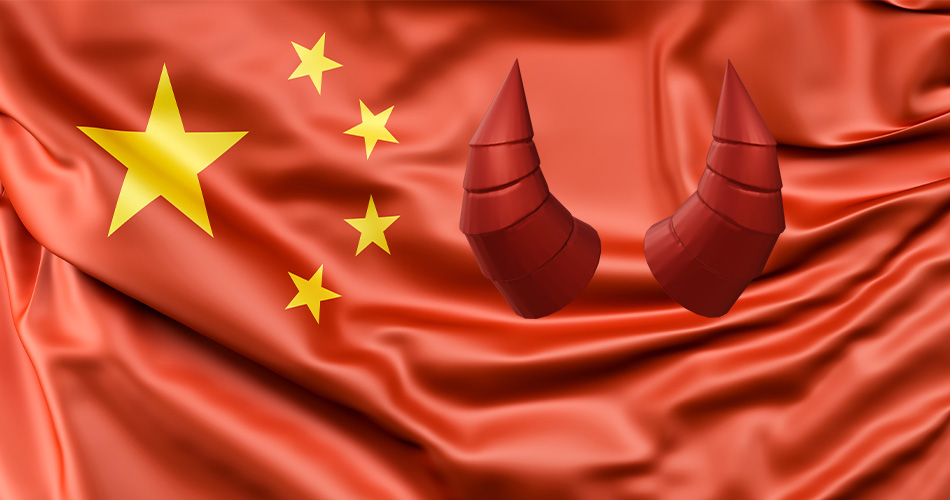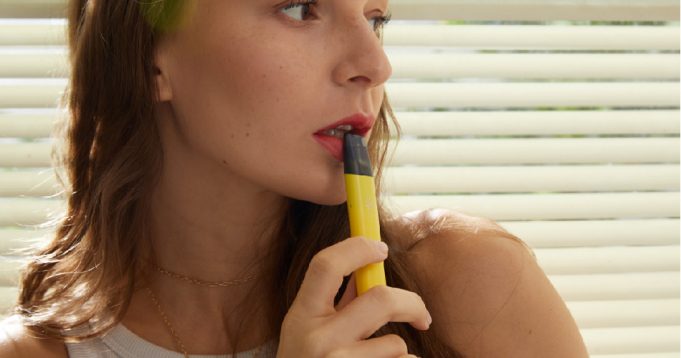Elf Bar is now the target of youth marketing accusations lodged by U.S. Senate Majority Leader Chuck Schumer of New York City.
Elf Bar, the Chinese-made line of disposable vaping products, is now the target of youth marketing accusations lodged by Sen. Chuck Schumer, the majority leader of the United States Senate.
According to New York Daily News, Sen. Schumer said that Elf Bar is knowingly and openly marketing to minors in a format similar to how Juul Labs did in the years before Altria Group dumped the once-novel brand in exchange for another competitor.
However, Elf Bar is not Juul or NJOY (the brand Altria most recently invested in to spite Juul). Elf Bar is a disposable product brand manufactured and sold by a company tied to Shenzhen producers in China. That isn’t news. The vaping manufacturing companies in Shenzhen make up most of all closed-system vaping devices, disposable or not.
Elf Bar is making the same marketing mistakes as other large vaping brands before it. That is the issue. In his trademark long draw in press briefings, Schumer said that “there’s a new e-cigarette in town.” “It’s hooking New York City and Long Island young people with kid-friendly flavors and Gen Z colors,” he said.
The evil ‘Chinese’ vapes? Umm…

“It is made in China, and it is in all likelihood evading [Federal Drug Administration] rules about advertising cigarettes to kids, including e-cigarettes,” Sen. Schumer told reporters on Sunday.
Schumer presented a case where Elf Bar engaged with paid influencers on social media platforms. The influencers flaunt the product on the platform TikTok — another flashpoint between U.S. officials and Chinese officials due to the firm’s alleged ties to the Communist Party of China and the People’s Liberation Army.
The Senate majority leader and legacy Democrat elaborated that his office found over 1.6 billion views on TikTok posts bearing the #ElfBar hashtag. Further, he asked federal tobacco regulators to investigate the company’s adverts and marketing strategies. Sen. Schumer said, “depending on what the investigation might find, my message to the FDA and the [U.S. Department of Justice] is, take every action up to and including banning Elf Bar.” Such a call for outright banning the Elf Bar product line is noteworthy because it is the same approach critics of Juul Labs have adopted. Now take a look, shall we?
Just like Juul?
Though products sold and marketed by Juul and Elf Bar aren’t implicitly approved by the Center for Tobacco Products at the Food and Drug Administration, they are available for purchase through legal loopholes. Nevertheless, Schumer pointed out that they will have “to chase Juul out of the market of directing e-cigarette advertising and sales to kids,” which is why “we have to do the same with Elf Bar.” However, the only reason why Juul is still allowed to sell is that the ban is being litigated in the courts.
Schumer says that despite the ban, a power vacuum was created, giving Elf Bar space to increase and turn into what he says is the most extensive
disposable vaping line in the U.S. market. Schumer said that “this Chinese company” is trying to fill that vacuum.
Schumer’s criticisms didn’t stop there. He said Elf Bar is why disposable vaping rates among U.S. minors have increased in recent years. And, as we noted above, Sen. Schumer called on the Food and Drug Administration to stop this marketing and “eventually shut Elf Bar down.” All of this is worthwhile, according to the supporters of Schumer’s calls.
Marketing strategies questioned

However, there is a lot to unpack with Schumer’s latest outrage. Elf Bar, while a disposable vape manufacturer, is still a company that is regulated. Common sense would remind us that a regulated firm will do everything in its power not to bring bad press or non-compliance to its doorstep. A review of the Elf Bar branding and marketing materials shows that the “Gen Z” colors that Sen. Schumer refers to are simply colors. Yes, these colors may resonate with younger consumers. Still, we must consider some of the claims and accusations made against Elf Bar alongside the allegations and charges against Juul Labs.
Just a few years ago, I published a series of
analyses for Vaping Post that examined the argument that Juul Labs engaged in an illegal marketing scheme to push its products on youth. While the company engaged in a social media influencer blitz that skirted and even flaunted anti-smoking advertising laws, there still was no clear indication that the product was being marketed to a class of consumers under the minimum legal sales age at the time.
Cringe-worthy
The very cringe-worthy
#Vaporized campaign that Juul engaged in during the mid-to-late 2010s was indeed targeting a younger audience. But, a younger audience that was above the age of 18 years and legally allowed to purchase and consume nicotine and tobacco products at the time. Ever since President Donald Trump lifted the minimum legal sales age from 18 to 21 years, the need to change marketing has been crucial. Contextually, though, Juul (no matter how much I hate the company) didn’t directly market to minors. They risked too much by selling to the young adult market, but Juul never now engaged in illegal marketing.
This is where we are at with Elf Bar. Like Juul Labs at the time of my previous writings, Elf Bar has a wide product range and a line of flavors that could be appealing to minors. But, even with the so-called “Gen Z” colors, the products sold by Elf Bar are still marketed to a young adult consumer class that is still technically allowed to purchase tobacco products for personal consumption. Based on the changes in the minimum legal sales age laws over the years, this class of consumers is now a 21-year-and-up consumer market— still young but legal consumers.
I implore Sen. Schumer to consider these observations before his next press conference calling a company out for illegal activity.










